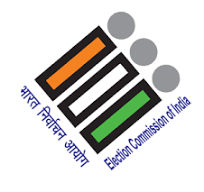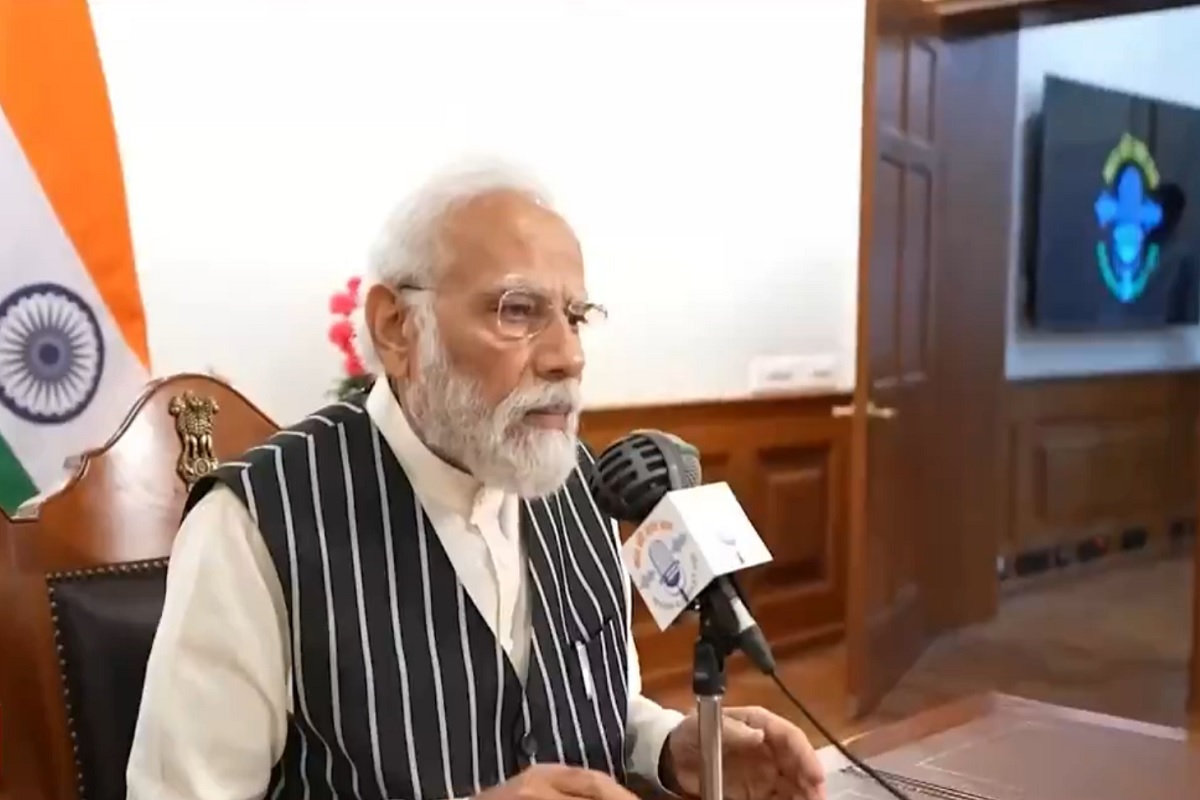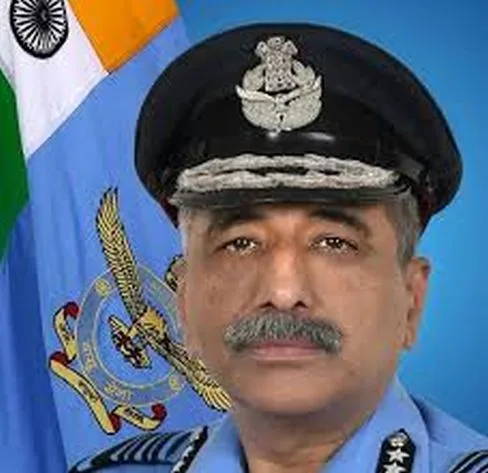New Delhi: Taking a swipe at Prime Minister Narendra Modi ahead of his visit abroad, the Congress on Tuesday said the “frequent flier PM” is off on a five-nation “jaunt” and alleged that he is running away from four issues, including the Manipur situation and US President Donald Trump’s claims about bringing about a ceasefire between India and Pakistan.
Congress general secretary in-charge communications Jairam Ramesh also alleged that the prime minister is running away from the “revelations by defence officials that India suffered reverses in the first two days of Operation Sindoor because of the PM’s decisions”.
Prime Minister Modi will embark on a five-nation tour beginning July 2 to participate in the BRICS Summit in Brazil and expand India’s ties with several key nations of the Global South.
“When the going gets tough, the self-styled toughs get going. The Super Premium Frequent Flier PM is off on a 5-nation, 8-day jaunt,” Ramesh said in a post on X.
He is running away from at least four issues that are agitating the nation, Ramesh said.
Ramesh alleged that the PM is running away from Manipur, “which he has not visited ever since the double engine in the state got derailed and ever since normal life in the state has got totally destroyed”.
The Congress leader claimed that PM Modi is also running away from revelations by defence officials that India suffered reverses in the first two days of Operation Sindoor “because of the PM’s decisions”.
His remarks were an apparent reference to the reported comments of India’s defence attache to Indonesia. However, the Indian embassy in Indonesia, in a post on X on Sunday, had said that the defence attache’s remarks have been “quoted out of context and the media reports are a misrepresentation of the intention and thrust of the presentation made by the speaker”.
Ramesh also claimed that the PM is running away from the continued claims by President Trump that he effected a ceasefire between India and Pakistan using the trade deal as a carrot and stick.
He further alleged that the PM is running away from “the continued failure to bring the Pahalgam terrorists to justice even after 70 days”.
“The failure is all the more glaring given they may have been earlier involved in terror attacks in Poonch (Dec 2023) and Gagangir & Gulmarg (Oct 2024),” Ramesh said.
The Congress has been taking swipes at the PM ahead of his foreign visits often asking why he is not visiting violence-hit Manipur.
Besides Brazil, Modi will visit Ghana, Trinidad and Tobago, Argentina, Brazil, and Namibia during the eight-day trip, according to the Ministry of External Affairs (MEA).
In the first leg of the visit, Modi will undertake a visit to Ghana from July 2 to 3.
From Ghana, Modi will travel to Trinidad and Tobago on a two-day visit from July 3 to 4.
In the third leg of his visit, Modi will visit Argentina from July 4 to 5.
In the fourth leg of his visit, Modi will travel to Brazil at the invitation of President Luiz Inacio Lula da Silva.
The prime minister will visit Brazil from July 5 to 8 to attend the 17th BRICS Summit followed by a state visit.
In the final leg of his visit, Modi will travel to Namibia.








